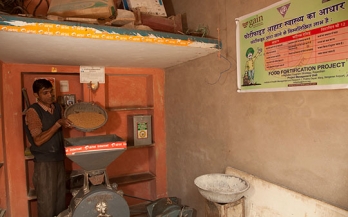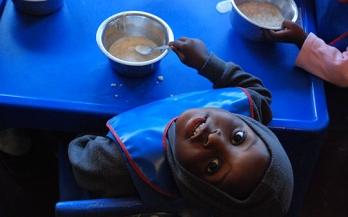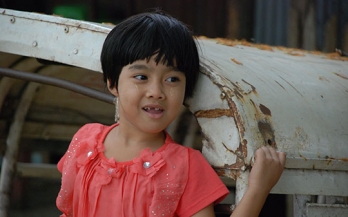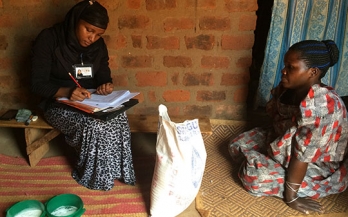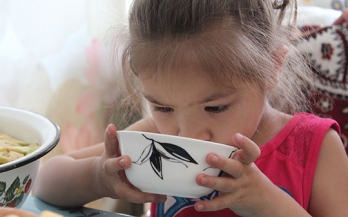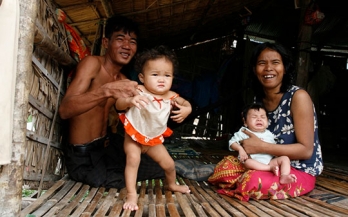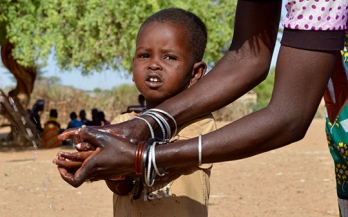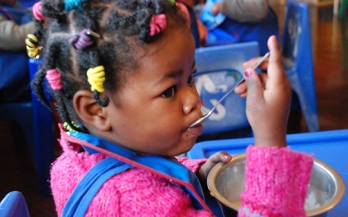This study was conducted to determine the operational performance, economic sustainability and social impact of a decentralised production model for India’s Supplementary Nutrition Program, in which women groups run small-scale industrialised units.
The purpose of this study was to evaluate the effects of prenatal docosahexaenoic acid supplementation on offspring development at 18 months of age.
A lack of information on the etiology of anemia has hampered the design and monitoring of anemia-control efforts. This study aimed to evaluate predictors of anemia in preschool children by country and infection-burden category.
Behaviour change communication (BCC) is a critical component of infant and young child feeding interventions. In this study we asked BCC practitioners working in low‐ and middle‐income countries to participate in an examination of BCC practice.
This article provides an overview of the BRINDA project and describes findings that will inform global guidelines on the assessment of anemia and micronutrient status and will guide the development of a research agenda for future longitudinal studies.
Multiple-micronutrient (MMN) fortification of beverages may be an effective option to deliver micronutrients to vulnerable populations. The aim of the present systematic review and meta-analysis is to evaluate the nutritional impacts of MMN fortified beverages in the context of low-middle income countries.
As no national data exist on the prevalence of micronutrient deficiencies, a survey was conducted in 2010 to assess the micronutrient status of randomly selected women of reproductive age and children aged 6–75 months.
The BRINDA project is a multiagency and multicountry collaboration that was formed to improve micronutrient assessment and to better characterize anemia. Findings from this project can inform guidelines and strategies to prevent and control micronutrient deficiencies and anemia globally.
In this paper, a household wealth index is developed and tested for participants in the cluster-randomized Sanitation, Hygiene, Infant Nutrition Efficacy trial in rural Zimbabwe.
The objective of this Food and Nutrition Bulletin supplement is to focus attention on the need to integrate actions to improve maternal, infant, and young child nutrition.
